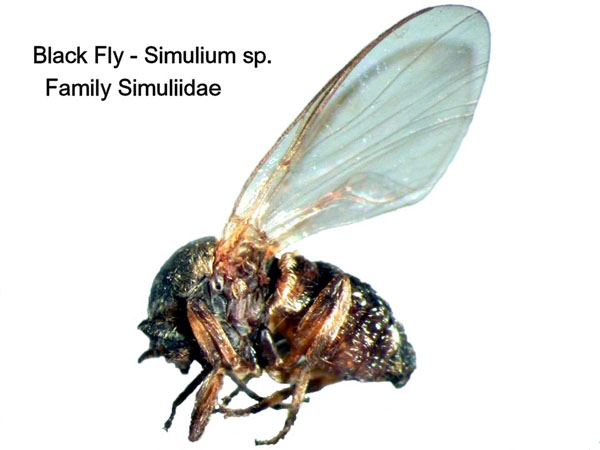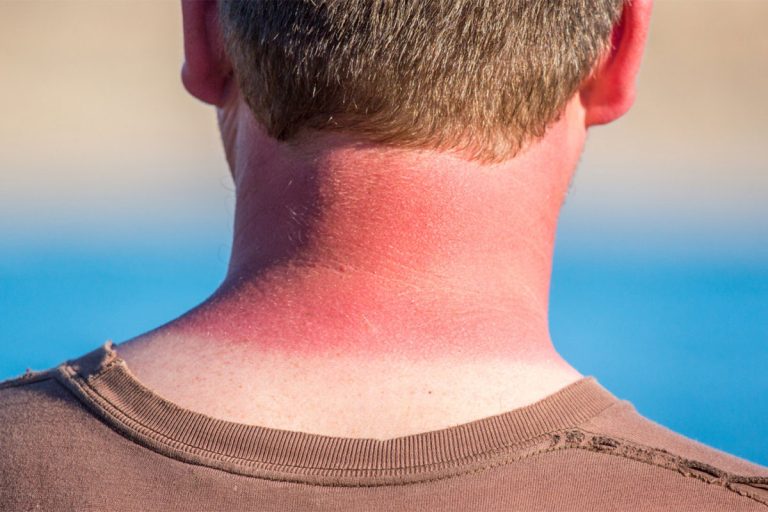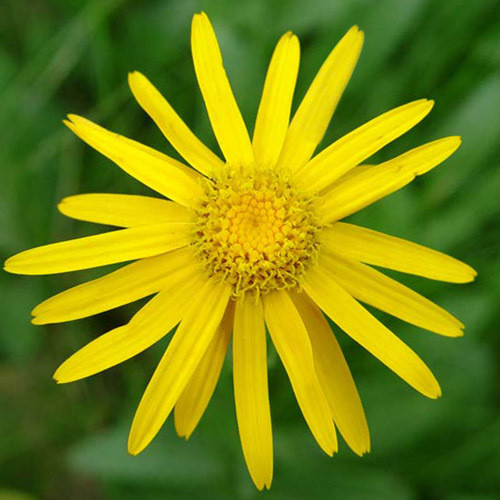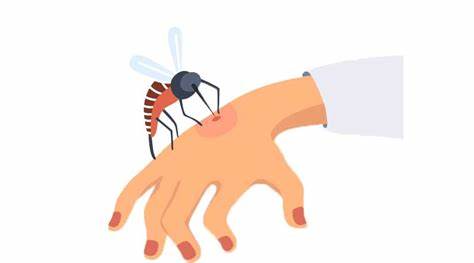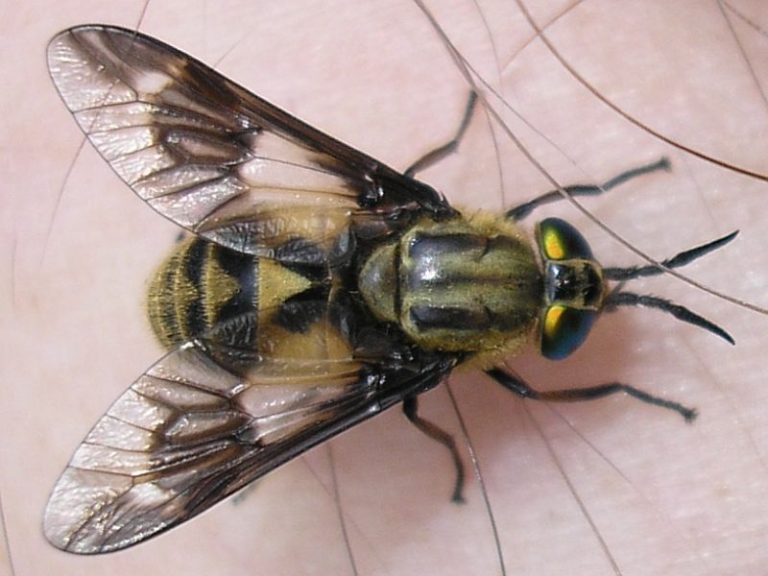The Buzz on Black Flies
My Experience
I have been searching for the best black fly repellent for me, as an individual. The latest substance I have tried is Pure Vanilla Extract. Apparently, black flies do not like the scent…except when I am wearing it! Anyway, I smell good. I think my problem is not the actual repellent I am using but the fact that I often forget to put it on when I go out and if I do remember to put it on, I do not usually refresh it. I must do better!
About Black Flies
Black flies, scientifically known as Simuliidae, are small, blood-feeding insects that are notorious for their painful bites. Found in various regions around the world, these tiny pests can become a significant nuisance during the warmer months. In this blog post, we will delve into the world of black flies, exploring their bites, the natural remedies that can help deter them, and the potential homeopathic remedies for soothing their irritating bites.
Black flies, often referred to as “buffalo gnats” or “turkey gnats,” are most active during the daylight hours, particularly around dawn and dusk. Both male and female black flies feed on nectar, but it is the female black fly’s bite that is notorious for causing discomfort. Female black flies require a blood meal for the development of their eggs.
Black fly bites can be extremely itchy and cause local swelling and redness. The bites are typically small and may appear as small red dots or welts on the skin. The severity of the reaction can vary from person to person, with some individuals experiencing only mild irritation, while others may develop more significant swelling and allergic reactions.
Protect Yourself
- Wear Protective Clothing: When venturing into areas where black flies are prevalent, it is essential to cover up as much exposed skin as possible. Opt for light-colored, loose-fitting clothing, including long-sleeved shirts, long pants, and socks. Tucking in shirts and pants can help prevent black flies from gaining access to your skin.
- Use Insect Repellents: Natural alternatives such as citronella oil, lemon eucalyptus oil, or lavender oil may also offer protection.
- Avoid Peak Activity Times: Black flies are most active during the early morning and late afternoon. If possible, plan your outdoor activities accordingly, or choose locations that are less prone to black fly infestations during these times.
- Utilize Protective Gear: Consider wearing a hat with a fine mesh netting that covers your face and neck. This physical barrier can prevent black flies from coming into direct contact with your skin.
Natural Repellents
- Essential Oils: Certain essential oils have insect-repellent properties. Some effective options against black flies include citronella, eucalyptus, lemongrass, lavender, and peppermint oils. Dilute a few drops of the essential oil of your choice in a carrier oil (such as coconut oil) and apply it to your exposed skin.
- Herbal Repellents: Some herbs are known to repel insects, including black flies. Plants like basil, catnip, garlic, and tansy have been traditionally used to deter bugs. You can rub crushed leaves directly onto your skin or make a herbal repellent spray by steeping the herbs in water and straining the liquid before use.
- Vinegar: Black flies dislike the smell of vinegar. Mix equal parts of white vinegar and water and apply the solution to your skin or clothing. You can also try placing small bowls of vinegar around your outdoor gathering area to keep the flies at bay.
- Neem Oil: Neem oil is a natural insect repellent derived from the neem tree. It has a strong odor that repels black flies and other insects. Mix a few teaspoons of neem oil with a carrier oil, such as coconut or jojoba oil, and apply it to exposed areas of your skin.
- Avon Skin So Soft: Although not a natural product, many people have reported success using Avon Skin So Soft as a black fly repellent. It contains a fragrance that is said to deter these insects. Apply it to your skin or clothing before heading outdoors.
Homeopathic Remedies for Black Fly Bites
Well, once you have been bitten, it’s not about repellents any more. You need to treat the bites. Remember that homeopathy is based on the premise that “like cures like” so you need to choose a remedy that best matches your particular symptoms.
- Ledum palustre: This remedy is often recommended for puncture wounds and insect bites, including those caused by black flies. It may help relieve itching, stinging pain, and reduce swelling.
- Apis mellifica: When black fly bites result in significant swelling, redness, and a hot, stinging sensation, Apis mellifica may provide relief. It is also useful for allergic reactions to insect bites.
- Urtica urens: If you experience intense itching and burning after a black fly bite, Urtica urens may be helpful. It is commonly used for various types of skin conditions, including insect bites and hives.
On a personal note, in addition to my black fly misery this week, I was also bitten by a teeny, weeny little tick. So the choice is simple for me…it’s Ledum all the way as part of a multi-pronged treatment to guard against Lyme disease.

